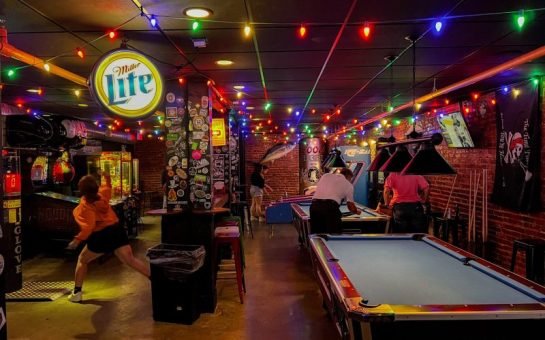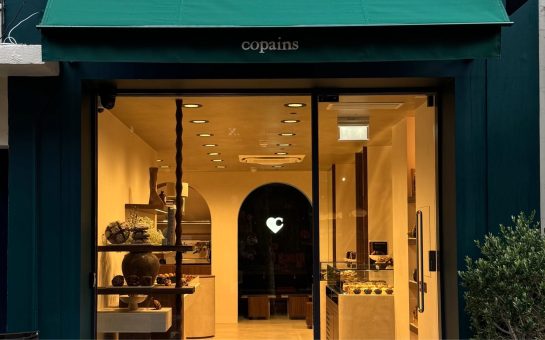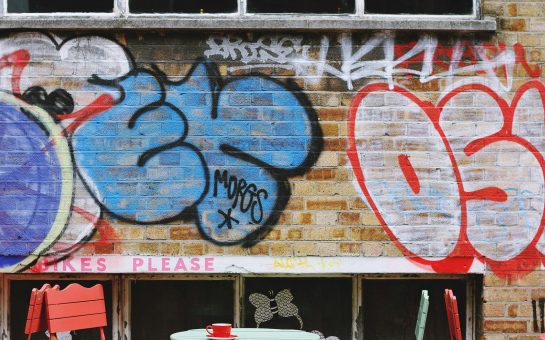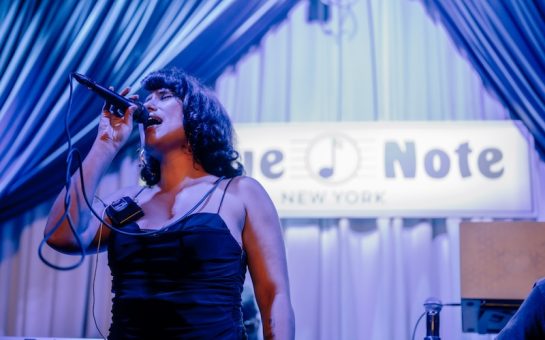Once the quiet cousin of matcha, hojicha rises to the spotlight, fast becoming the latest must try drink in London’s café scene.
Cafés across the city have added the roasted Japanese green tea to their menus, in both drink and dessert form, as consumers seek alternative options to coffee and matcha with less caffeine and more flavour.
Café workers who spoke with the Londoners have reported increased sales as the global demand for matcha results in supply issues and price increases, making hojicha a more accessible and affordable alternative.
Reflecting the steady consumer shift towards the new drink on the block, Angelina Zania, supervisor at Café Kitsuné said: “The next big drink after matcha will be hojicha.”
Hojicha originated in the 1920s in Kyoto, Japan and is made by roasting steamed and dried green leaves, traditionally on high heat using a porcelain pot over charcoal, giving it a toasty, nutty and softly sweet flavour.
The drink — especially in latte form, which is not as traditional — is enjoying a surge in popularity amongst Londoners who prefer a rich, flavourful and healthier alternative.
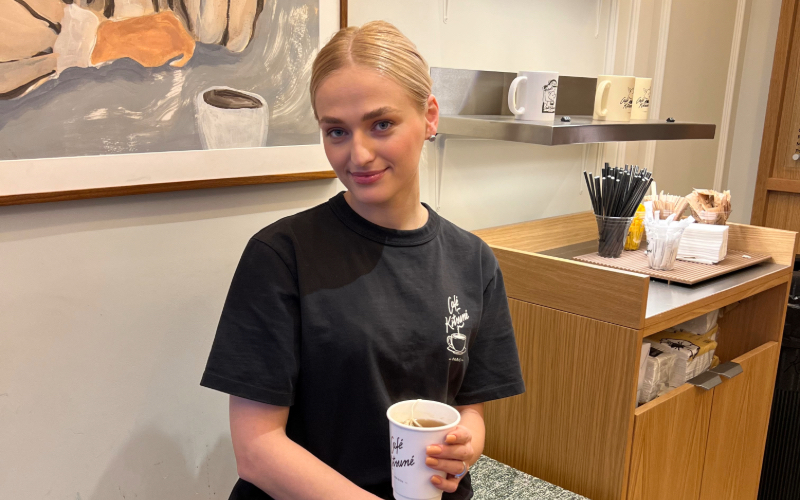
Some cafes attribute the steady growth over the past year to curiosity of Japanese flavours — boosted by social media trends and tourism to Japan, with British Airways increasing daily flights, further exposing Britons to Japanese café culture.
A WA Café spokesperson said: “People may be looking for the ‘next’ Japanese tea.”
The spokesperson also highlighted hojicha’s low caffeine, toasty flavour that contrasts with matcha but shares its wellness appeal.
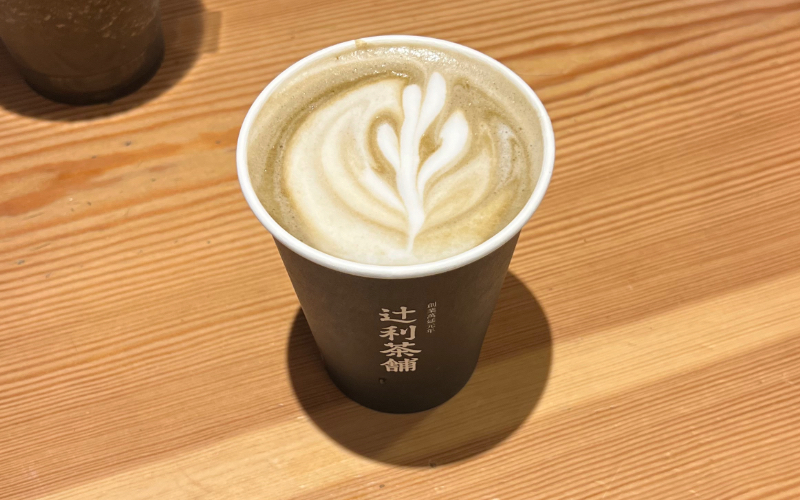
Robin, a Tsujiri store assistant said social media, ‘especially TikTok and Instagram’, is also pushing the interest.
Some customers are reportedly put off by matcha’s ‘grassiness’ or its ‘bright green colour’, but they still want to explore Japanese flavours.
A spokesperson from WA Cafe said: “Hojicha is less grassy than matcha, less intense than coffee, and less sweet than chai.
“Its subtle smokiness and versatility make it a calming, balanced choice.”
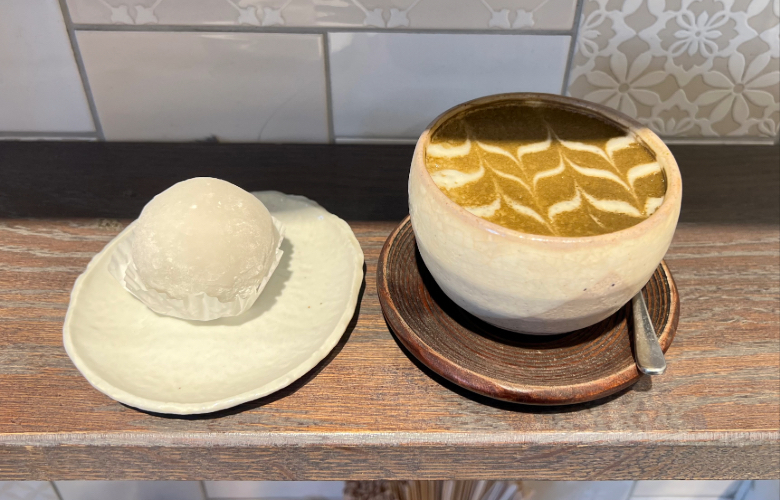
The trend is reflected on menus with WA Café serving hojicha pear mousse and hoji daifuku while Tsujiri’s latest addition hojicha coco lemonade — blending the roasted tea with lemon and yuzu.
Many baristas see hojicha as an ideal choice for the autumn season thanks to its roasted, nutty and smoky caramel flavour.
Overall, with London’s ever evolving cafe scene, the roasted, nutty and cocoa like drink is quietly rising to fame offering warmth without the buzz of matcha.
Feature image credit: Ikraan Mohamed

